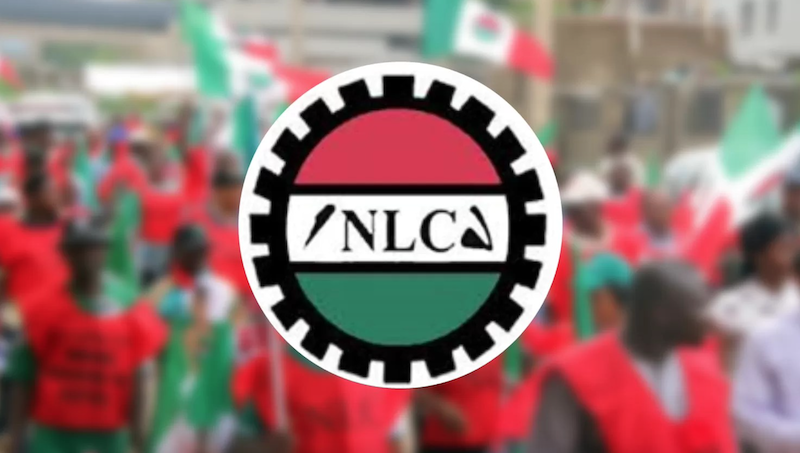The National Association of Telecommunication Subscribers (NATCOMS) on Thursday disassociated itself from the industrial action being planned by the Nigeria Labour Congress (NLC) to protest telecoms tariff hike.
The President, NATCOMS, Mr Deolu Ogunbanjo, told the News Agency of Nigeria (NAN) in Lagos that the protest was uncalled for, as it would send wrong signals to investors.
The Nigerian Communications Commission (NCC), the industry’s regulatory body had on Monday released a statement saying it had acceded to the requests of operators to hike tariffs.
The NCC said it had approved a maximal increment of 50 per cent tariff adjustments in response to prevailing operational costs.
This resulted in NATCOMS and the NLC condemning the hike, saying the approved percentage was too prohibitive.
The NLC President, Mr Joe Ajaero, had condemned the 50 per cent telecom tariff hike by the Federal Government.
Ajaero urged the NCC and the National Assembly to stop the implementation of the tariff hike to allow for a reasonable conversation around it.
He said that if the dialogue agreed on the need for the hike, a more humane increase could be sought, but not 50 per cent.
The NLC president, therefore, called on all Nigerian workers and masses to reject the tariff hike while urging citizens to prepare for collective action.
He said that this action included the possibility of a nationwide boycott of telecommunication services, to compel the reversal of the punitive increase.
“This is for our dignity, our rights, and our survival as a people. The NLC remains resolute in defending the interests of Nigerian workers and the masses.
“We will not allow the people to bear the brunt of policies that further entrench poverty and inequality.
“Together, we will do our best to resist this injustice and demand that government prioritises the interests of its citizens over corporate interests,” Ajaero said.
Meanwhile, Ogunbanjo, the NATCOMS President said that the civil way to go about ensuring reversal of the tariff hike was to go to court, if all negotiation and consultations prove unsatisfactory.
According to him, this is the path that the NATCOMS has decided to tread if all negotiations fall on deaf ears.
“We do not support the Nigerian Labour Congress’ call for an industrial action. No, we don’t! NATCOMS is not in support.
“To investors and businesses, it is a wrong signal. Negotiation is still ongoing and the tariff hike is in February and we still have eight days.
“We (NATCOMS) are meeting with the Nigerian Communications Commission (NCC) to engage them, to convince them, and we will be consulting with NCC tomorrow to map a way forward,’’ he said.
According to him, it is after negotiations and consultations have failed that NATCOMS will head to court.
NCC, the industry’s regulatory body had justified the maximal increment of 50 per cent tariff adjustments by saying it was in response to prevailing operational costs. It said that this was less than the 100 per cent demanded by some telecoms operators.
Its decision, the NCC said, is pursuant to its power under Section 108 of the Nigerian Communications Act, 2003 (NCA) to regulate and approve tariff rates and charges by telecommunications operators.
The NCC said that, while recognising the concerns of the public, the decision was made after extensive consultations with key stakeholders across the public and private sectors.
“The NCC has prioritised striking a balance between protecting telecoms consumers and ensuring the sustainability of the industry, including the thousands of indigenous vendors and suppliers who form a critical part of the telecommunications ecosystem.
“The NCC recognises the financial pressures faced by Nigerian households and businesses and remains deeply empathetic to the impact of tariff adjustments.
“To this end, the commission has mandated that operators implement these adjustments transparently and in a manner that is fair to consumers.
It said that these adjustments would support the ability of operators to continue investing in infrastructure and innovation, ultimately benefiting consumers through improved services and connectivity.
The NCC added that consumers would benefit from better network quality, enhanced customer service, and greater coverage within the country.
